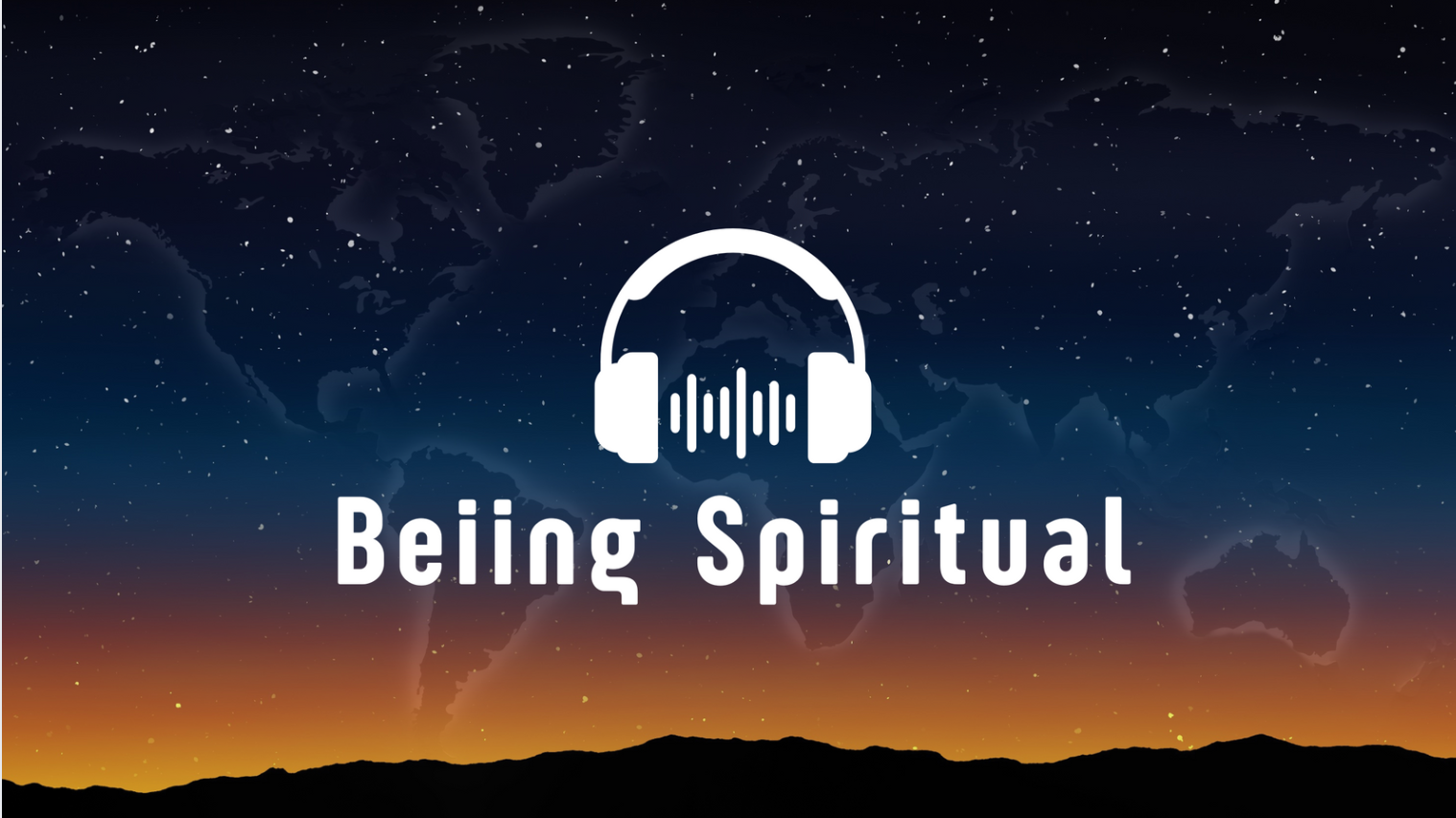🌸 From Discovery to Teaching
After his enlightenment under the Bodhi tree, the Buddha shared his insight in his first sermon at Sarnath. There, he revealed the Four Noble Truths and the way to end suffering: the Eightfold Path.
It is often called the Middle Way — not just abstract ideas, but concrete steps to transform daily life.
🕊️ The Eight Steps to Freedom
1. Right View (samyak dṛṣṭi)
See life as it really is — impermanent, interconnected, and guided by cause and effect.
Today, this perspective helps us recognize that even a single post on social media can ripple outward, shaping reputations, careers, and relationships. Our choices never exist in isolation.
2. Right Intention (samyak saṅkalpa)
Commit to kindness, non-violence, and letting go of harmful desires.
In a culture driven by consumerism, this means choosing sustainability over impulse buying, or prioritizing meaningful connections over the endless chase for status symbols.
3. Right Speech (samyak vāk)
Speak truthfully, avoid gossip, lies, and hurtful words. Words can heal or wound — choose them wisely.
In the digital age, this might mean fact-checking before sharing information, or refusing to participate in online shaming and trolling.
4. Right Action (samyak karmānta)
Live ethically — do not harm, steal, or exploit others. Simple acts of honesty bring peace.
For example, supporting fair-trade businesses ensures workers are treated justly, while respect and consent in relationships embody ethical living on a personal level.
5. Right Livelihood (samyak ājīvika)
Earn in ways that do not harm people, animals, or the environment. Work becomes a form of practice.
Choosing careers that contribute positively — such as renewable energy, healthcare, or education — reflects this principle, while avoiding industries that thrive on addiction or exploitation.
6. Right Effort (samyak vyāyāma)
Put energy into cultivating good habits and abandoning harmful ones. Spiritual growth requires steady effort.
Something as simple as replacing late-night doomscrolling with meditation or reading demonstrates how effort reshapes daily life over time.
7. Right Mindfulness (samyak smṛti)
Be fully aware of your body, feelings, and thoughts. Mindfulness keeps us grounded in the present.
At work, this can mean pausing before replying to a stressful email, or practicing mindful eating instead of rushing through meals without awareness.
8. Right Concentration (samyak samādhi)
Practice meditation to steady the mind, deepen compassion, and touch inner peace.
In a world of constant notifications, tools like meditation retreats or apps such as Calm and Headspace provide modern support for developing focused awareness.
🔥 The Path in Three Pillars
The Eightfold Path is often grouped into three trainings:
- Wisdom (Prajñā): Right View, Right Intention
- Ethics (Śīla): Right Speech, Right Action, Right Livelihood
- Meditation (Samādhi): Right Effort, Right Mindfulness, Right Concentration
Together, they create a complete way of living — practical, balanced, and transformative.
🌍 Why It Matters Today
- In a world of distractions, it teaches focus.
- In a society full of division, it promotes compassion and ethics.
- In the stress of daily life, it offers calm and clarity.
It is not about rigid rules, but about training the mind and heart — step by step.
✨ Closing Reflection
The Eightfold Path is like a compass. Wherever you are in life, it points toward peace.
It reminds us that freedom is not found outside, but within — by walking with wisdom, compassion, and balance.
Step by step, the path becomes the destination.






प्रातिक्रिया दे